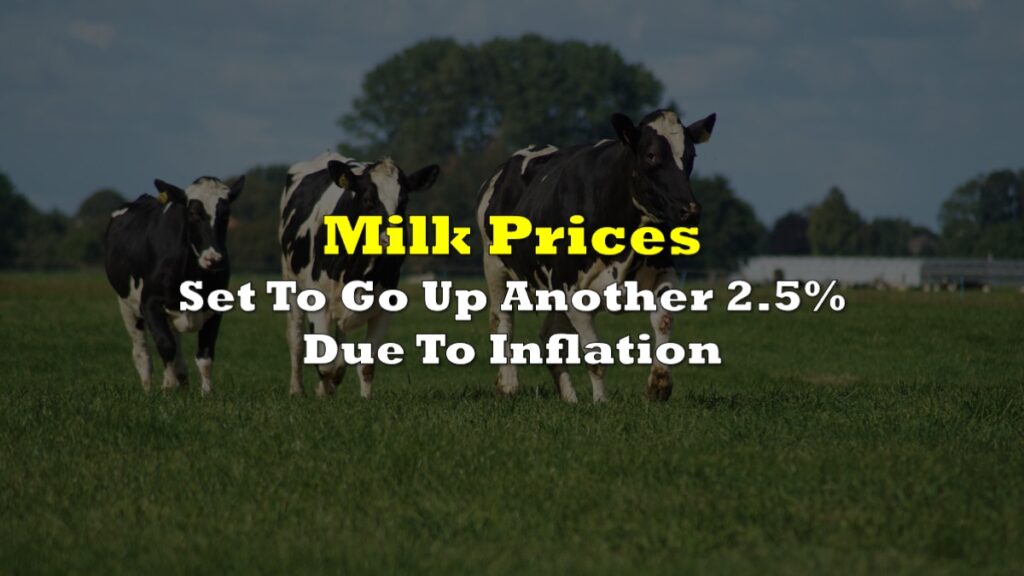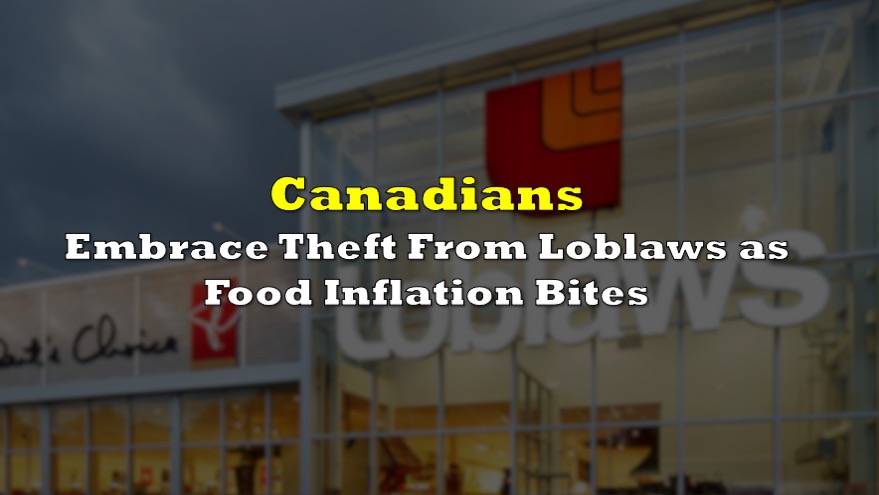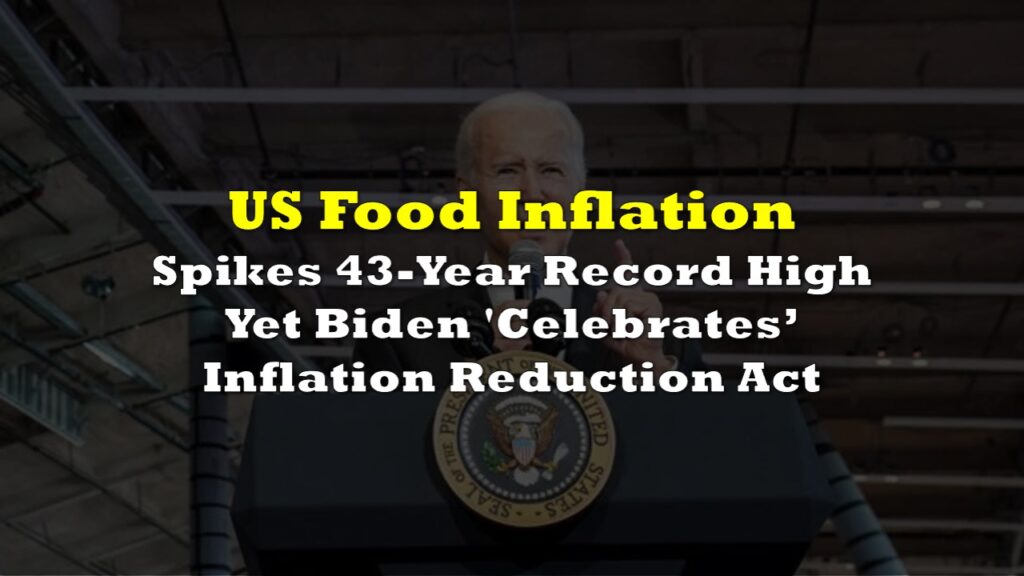In response to the spiraling inflation brought about by the Ukrainian war, the Hungarian government implemented official price controls on essential food items in February 2022, extending the provision several times.
As the story unfolded, the price freeze was reported to be phased out by the end of July 2023, given the significant improvement in inflation figures. However, the government’s move raised concerns that staple food prices would skyrocket starting in August, so officials announced that mandatory promotions would remain in place to stave off such price increases.
These promotions weren’t merely a symbolic gesture, though; they mandated that grocery stores sell at least one product at a discount of more than 15 percent for a minimum of a week. Retailers were also obliged to maintain ample quantities of these discounted products on the shelves, including meat and dairy products, fats, bread, vegetables and fruit.
So, how is that panning out for Hungary, thus far? As journalist Holger Zschaepitz points out, likely not very well. The complications from attempting to reign in inflation via price ceilings usually come in the form of shortages, which, in turn, eventually transition into even higher prices at grocery stores.
Good Morning from Hungary where the govt is trying to bring #inflation into single digits through price controls. Govt expanded mandatory discounts imposed on food stores. From beginning of August, the mandatory discount was raised to 15% from 10%. Stores are obligated to cut… pic.twitter.com/tWj1tqgCer
— Holger Zschaepitz (@Schuldensuehner) July 31, 2023
Information for this briefing was found via the sources mentioned within the article. The author has no securities or affiliations related to this organization. Not a recommendation to buy or sell. Always do additional research and consult a professional before purchasing a security. The author holds no licenses.









